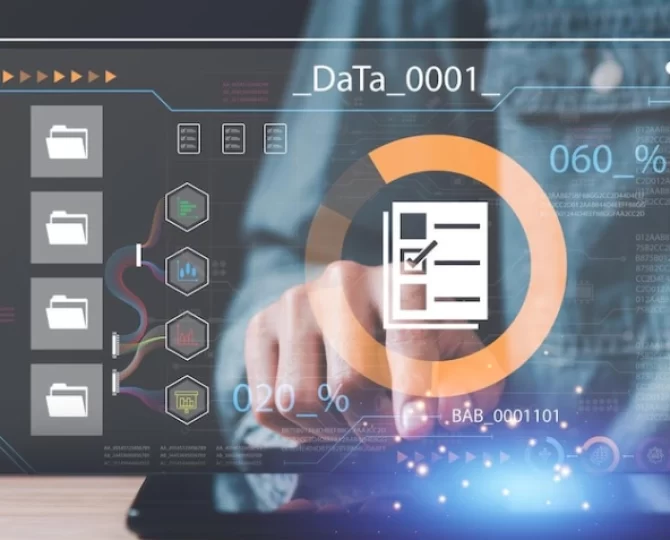SAP Training in Bangalore
November 21, 2024 2025-02-06 6:39SAP Training in Bangalore
SAP Course
SAP FICO, which stands for Financial Accounting and Controlling, is a crucial component of the SAP ERP system. Mastering these modules can significantly enhance your career prospects in the finance and accounting sectors. A comprehensive SAP FICO course offers in-depth knowledge of financial processes, cost center accounting, and profitability analysis.
When considering SAP FICO training, look for programs that cover both theoretical concepts and practical applications. A well-structured course should include hands-on exercises, real-world case studies, and access to SAP software for practice. This approach ensures that learners can apply their knowledge in real business scenarios.
Many professionals opt for SAP FICO Academy programs, which often provide a more immersive learning experience. These academies typically offer extended training periods, allowing students to delve deeper into complex topics like asset accounting, profit center accounting, and financial statement preparation.
To truly excel in SAP FICO, it's essential to understand its integration with other SAP modules and its role in streamlining financial operations. As businesses increasingly rely on ERP systems, proficiency in SAP FICO has become a valuable skill, opening doors to diverse opportunities in financial management and consulting roles.
Key Components of SAP Financial Accounting (FI)
General Ledger (GL)
This is the core of financial accounting, recording all financial transactions and providing a complete overview of an organization's financial status.
Accounts Receivable (AR)
Manages customer accounts, including invoicing, payments, and credit management.
Accounts Payable (AP)
Handles vendor-related transactions, such as invoice processing and payment management.
Asset Accounting (AA)
Tracks and manages fixed assets, including depreciation calculations and asset valuations.
Bank Accounting
Facilitates bank reconciliation and cash management processes.
Travel Management
Manages employee travel expenses and reimbursements.
Funds Management
Helps in budgeting and controlling organizational funds.
Special Purpose Ledger
Allows for customized reporting and analysis beyond standard financial statements.







